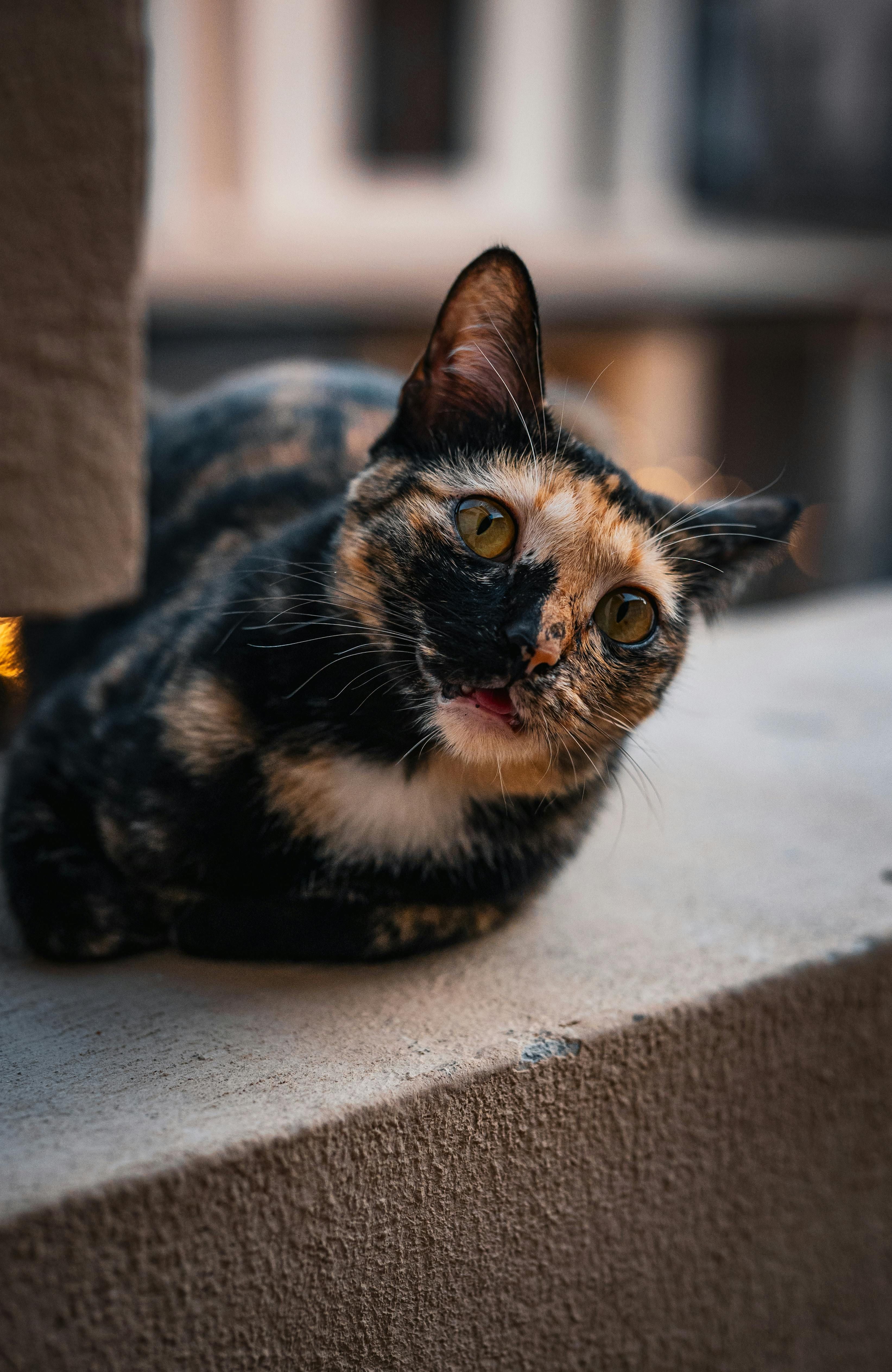Social media's role in fostering youth gambling tendencies among Brazilian citizens: an unacknowledged predicament
Internet Gambling: A Mounting Concern for Brazilian Youth
In the digital age, online betting has exploded in Brazil, particularly through social media platforms. From football matches to TikTok, Instagram, and YouTube, betting ads are everywhere – and it's not just adults who are drawn in. The alarming rise in underage gambling is now under the magnifying glass, with the Senate's Parliamentary Inquiry Commission (CPI) delving into the issue, dubbed the "Bets CPI."
The Social Media Push
According to Sergio Pompilio, president of Conar (National Council for Self-Regulation of Advertising), over 80% of complaints they receive revolve around illegal betting operators. These overseas betting sites use the internet and social media to lure young people effortlessly. "In today's world, it's impossible to control a betting company created in Asia and marketed to the Brazilian public through social media," Pompilio told the CPI.
As a result, platforms like TikTok, Instagram, YouTube, and even X (formerly Twitter) are teeming with profiles advertising betting sites. Often, these are followed by millions of adolescents who, while they can't legally gamble, still encounter these sorts of ads.
From Entertainment to Risk
Online betting might seem harmless, marketed as a form of entertainment or a way to make sports more exciting. However, it involves real money and real risks. International studies reveal that young people are more prone to impulsive behavior and tend to underestimate financial risks. Add aggressive marketing and social media pressure to the mix, and the situation becomes worrying.
A Growing Epidemic
The University of São Paulo (Unifesp) has reported a surge in cases related to gambling addiction, or ludopathy, among Brazilian youth. This addiction not only hurts mental health but also family and social relationships.
Take the example of influencer Rico Melquiades, who was investigated for promoting illegal betting sites and ended up paying a R$1 million fine. There are many other influencers – reality show participants, football players, and gaming content creators – who promote betting houses online, often without warning about the risks or divulging if the company is regulated.
For the young followers, this sends the message that betting is not only acceptable but cool – and, worse, an easy way to make money.
The Responsibility Shift
During the CPI, Pompilio argued that banning the advertising of regulated betting houses doesn't solve the problem. Instead, he advocated for increased cooperation between social media platforms, government, and private companies to root out illegal content. This joint effort is crucial to creating a safer environment for young people.
It's worth noting that while regulations on betting are being debated in Congress, platforms already have internal policies to control harmful content, but their oversight of betting is still insufficient.
Parental Guidance
While the political debate rages on, it's essential for families to stay vigilant. Talking to teenagers about the risks of gambling, supervising social media usage, and seeking professional help in case of addiction signs are vital actions.
Schools and communities also play a crucial role in educating young people about the ethical use of technology and critical consumption of digital content.
Confronting the normalization of gambling among children and adolescents demands more than just laws; it necessitates a cultural change. The hyperconnected generation must understand that danger doesn't only lurk in the streets or clubs but can also be found in the phones tucked away in pockets and backpacks.
Avoiding a future burst of problems related to gambling among young people and their families depends on a collective response from influencers, digital platforms, families, schools, and, ultimately, the government itself.
- The Senate's Parliamentary Inquiry Commission (CPI), known as the "Bets CPI," is investigating the rising issue of underage gambling in Brazil, particularly the role of foreign betting sites that use social media to attract young people.
- Sergio Pompilio, president of Conar (National Council for Self-Regulation of Advertising), stated that over 80% of complaints they receive revolve around illegal betting operators, who rely on social media platforms like TikTok, Instagram, YouTube, and X to market their services to Brazilian adolescents.
- The University of São Paulo (Unifesp) has reported a surge in cases of gambling addiction, or ludopathy, among Brazilian youth, which not only impacts their mental health but also their family and social relationships.
- Influencer Rico Melquiades was fined R$1 million for promoting illegal betting sites, and there are many other influencers who, intentionally or not, contribute to normalizing gambling among young followers.
- To combat this issue, Pompilio advises increased cooperation between social media platforms, government, and private companies to remove illegal content, as well as the need for schools, communities, and families to educate young people about the risks of gambling and the ethical use of technology.






